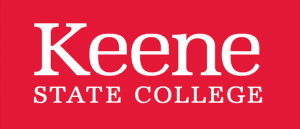Aspect Magazine vol. 8, issue 48, February, 1973
Item
- Creator
- Hogan, Edward J.
- Craft, David
- Bristow, Angela
- Anderson, Sally S.
- Leiper, Esther M.
- Petri, Lori
- Fallis, L.S.
- Griffin, Walter
- Latta, Richard
- Ristau, Harland
- Kash, Emma
- Date
- 1973-02
- Format
- Identifier
- https://commons.keene.edu/s/KSCArchive/item/6955
- Language
- eng
- Publisher
- Aspect/ Zephyr Press
- Rights
- http://rightsstatements.org/vocab/InC/1.0/
- Subject
- American Politics
- Literature in English, North America
- United States History
- Type
- Text
- Provenance
- Keene State College
- Item sets
- Aspect Magazine
- Site pages
- Zephyr Press Archive
- Media
 6.pdf
6.pdf
Position: 298 (166 views)
